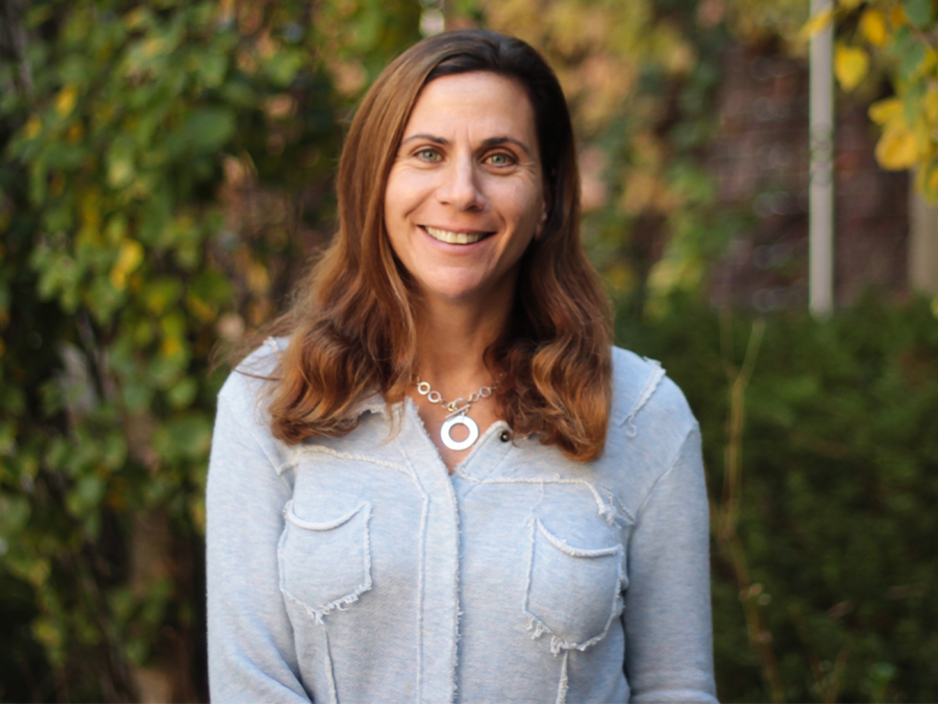Quinn Grundy is the new director of the WHO Collaborating Centre for Governance, Accountability, and Transparency in the Pharmaceutical Sector and assistant professor in U of T’s Lawrence Bloomberg Faculty of Nursing.
When Jillian Kohler, professor at the Leslie Dan Faculty of Pharmacy, started working with the World Health Organization (WHO) to establish the WHO Collaborating Centre for Governance, Transparency and Accountability in the Pharmaceutical Sector in 2015, she says that corruption and governance in the pharmaceutical sector was largely still considered as a specialized issue in health policy space.
But that perception quickly started to change. Globally, institutions such as the WHO, the United Nation Development Programme and other institutions established the Global Network for Anti-Corruption, Transparency and Accountability in Health (GNACTA). And more formally, the United Nations released a political declaration on universal health coverage (UHC) in 2023 that specifically noted the importance of fighting corruption to achieve UHC, ensuring social justice and good governance.
“We’ve seen over the course of eight years how the topic of corruption has moved from being in the margins of health policy to a front-and-centre critical issue that is being taken very seriously by the global health community,” says Kohler. “Part of that is due to the COVID-19 pandemic and how we saw so many global examples of corruption in our health system related to pharmaceuticals, and the availability and deployment of PPE and vaccines.”
The research, education and training done at the WHO Collaborating Centre for Governance, Transparency and Accountability in the Pharmaceutical Sector, based at U of T’s Leslie Dan Faculty of Pharmacy, has played a significant role in advancing and disseminating knowledge related to corruption and governance in the pharmaceutical sector. The Centre brings together expertise in governance and anti-corruption from a variety of faculties at U of T and other institutions globally to undertake research and education on the topic. Over the past eight years, researchers and trainees with the Centre have published numerous papers and hosted many workshops to improve knowledge about the risks and impacts of corruption and opportunities to mitigate the risks.
In 2023, the WHO evaluated the Centre’s progress and research and redesignated the Centre for another four-year term. Kohler says this was an ideal time for new leadership at the Centre. Quinn Grundy, assistant professor in U of T’s Lawrence Bloomberg Faculty of Nursing, became director of the Centre starting in the late fall of 2023.
“For institutions to remain robust and relevant, it’s incredibly important that there are new ideas and new leadership, and I’m delighted that Quinn has taken on the role of director,” says Kohler. “And, as I’m still very involved in the Centre’s research and outreach, I’m excited to see the outputs and activities she’ll produce.”
Grundy’s research expertise is focused on the interaction between publicly funded healthcare systems and private corporations, particularly how the activities of corporations can increase corruption risk in the public system.
Grundy plans for the Centre to continue its world-leading research on governance, transparency and accountability in pharmaceuticals and health care. But as the WHO’s focus also shifts, for example toward environmental and economic sustainability, equity, and pricing transparency, the Centre will also be ready to respond with their expertise.
“The WHO has just launched a new area of focus on commercial and economic determinants of health, and at the Centre we have critical expertise in the governance of public-private sector interactions, conflicts of interest, and pharmaceutical industry promotional activities and sponsorship.”
“The WHO has just launched a new area of focus on commercial and economic determinants of health, and at the Centre we have critical expertise in the governance of public-private sector interactions, conflicts of interest, and pharmaceutical industry promotional activities and sponsorship,” says Grundy. “With this expertise, we are well-positioned to contribute not just research but also some capacity building and knowledge dissemination around impacts, influence and interactions in the pharmaceutical sector and how these relate to population health.”
Grundy says that she is looking forward to her term as director of the Centre and helping guide the research agenda as the focus on corruption and governance grows.
“It’s a privilege to be part of Centre and to now have the opportunity to lead it. These are world-leading researchers, and many of these people have been my mentors since I was a doctoral student,” says Grundy. “This community of researchers shares a commitment to reimagining how we make collective decisions to equitably and sustainably allocate resources and they are committed to the ideas of access to safe quality essential medicines. And that’s really exciting to be part of.”
More News
Image

Dean Lisa Dolovich reappointed for second term
Professor Lisa Dolovich has been reappointed for a second term as Dean of the Leslie Dan Faculty of Pharmacy, University of Toronto, effective July 1, 2025, to December 30, 2030.
Read More
Image

Pharmacy Summer Camp gives high school students insight into pharmacy profession
A new summer camp based at the faculty will give high school students a range of experiences in pharmacy and pharmaceutical sciences.
Read More
Image

Team GloveLift wins 2025 Business Plan Competition with innovative medical device
PharmD students win $5,000 prize for their innovative medical device concept aimed at improving patient care.
Read More

